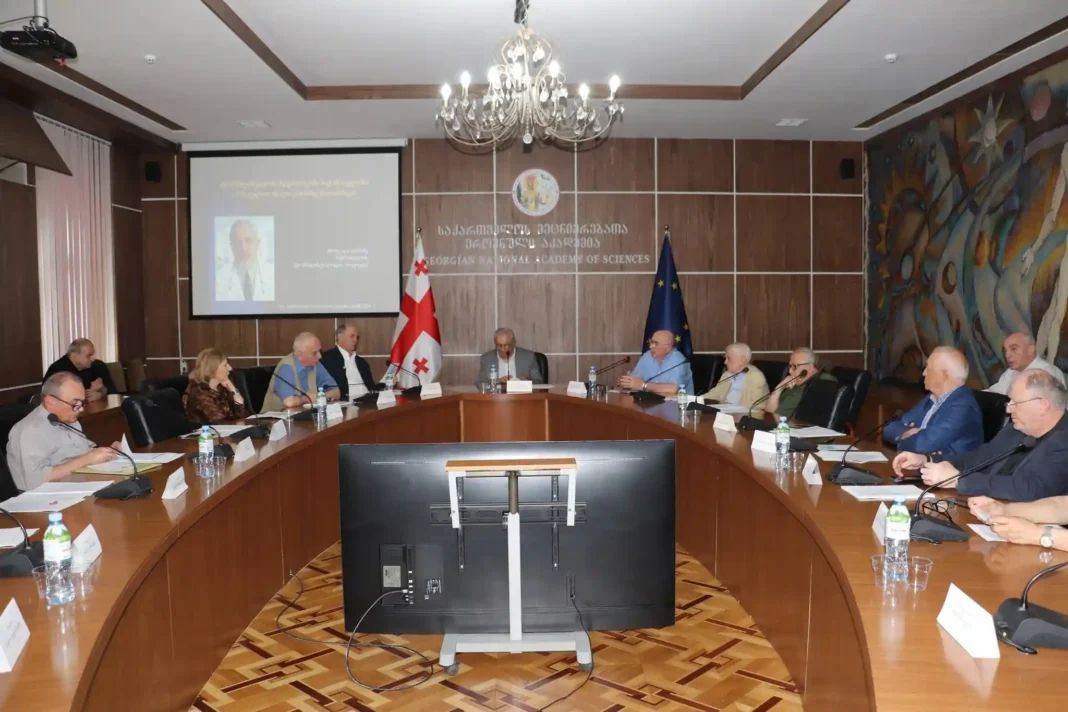Georgia: The Academy held a meeting of the Department of Physiology and Medicine, the Coordination-Methodological Council of Medical and Biological Sciences, and the Transplantation Commission near the Presidium on the topic: “Problems in the direction of organ transplantation in Georgia.”
Leading the discussion were the head of the Transplantation Commission, Professor Gia Tomadze of Tbilisi State Medical University, and the Head of the Group of Transplantation Coordinators, PhD Gvantsa Metskvarishvili, who presented their insightful reports.
Reporters noted that organ transplantation started in 1995. As of today, according to the data of the Transplant Information Center with the Association of Transplantologists of Georgia, 586 organ transplant patients live in Georgia.
Of them, 411 were kidney transplantations, 164 were liver transplantations, and 9 were. The number of operations produced in Georgia accounts for only 10% of the real need. One of the main reasons for such low activity is the absence of corpse organ donation and, therefore, transplantation in Georgia.
The report not only identifies the reasons behind the persisting issues but also lays out a comprehensive plan of action to overcome these challenges.
Regarding this issue, the Parliament of Georgia adopted an updated law in November 2023 that is by the legislation of the European Union and will enter into force on January 1, 2025. Enforcing law requires serious work because many acts of law need to be created, and proper infrastructure needs to be built, which requires time and adequate finances.
The session also discussed the updated criteria for brain death, which aligns with the latest international guidelines.
Reports among the people attending the meeting have aroused a lot of interest. Field specialists talked about the issue.



